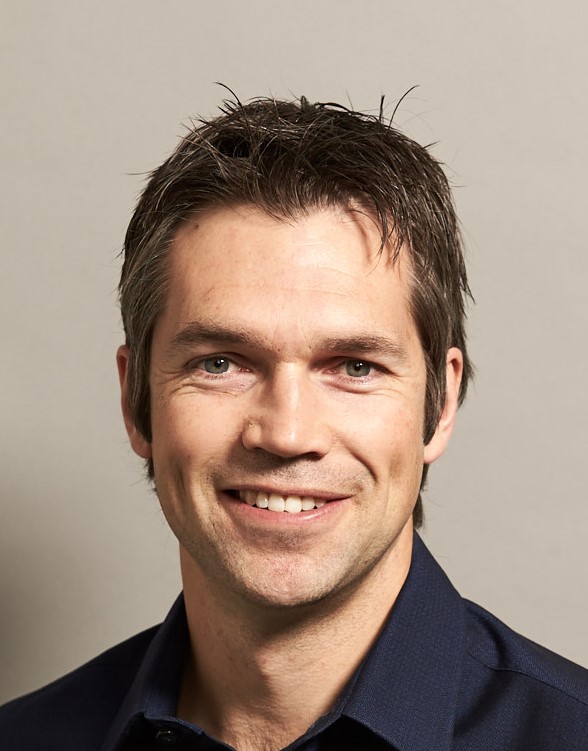
Fields of Research (FoR)
Quantum computation, Quantum engineering systems (incl. computing and communications), Quantum physics, Quantum technologies, Condensed matter physicsSEO tags
Biography
Arne Laucht is a Scientia Associate Professor for Quantum Engineering in the School of Electrical Engineering & Telecommunication and Program Manager in the ARC Centre of Excellence for Quantum Computation and Communication Technology (CQC2T). His main research interests include: quantum physics, spin quantum computing, donor atoms in silicon, SiMOS quantum dots, dressed states, colour centres in silicon carbide and diamond, nanophotonics, and...view more
Arne Laucht is a Scientia Associate Professor for Quantum Engineering in the School of Electrical Engineering & Telecommunication and Program Manager in the ARC Centre of Excellence for Quantum Computation and Communication Technology (CQC2T). His main research interests include: quantum physics, spin quantum computing, donor atoms in silicon, SiMOS quantum dots, dressed states, colour centres in silicon carbide and diamond, nanophotonics, and nanoscale device engineering.
Arne completed his PhD with summa cum laude in the group of Prof Jonathan Finley at the Technical University of Munich. His thesis was in the field of semiconductor quantum optics, where he worked on self-assembled InGaAs/GaAs quantum dots in photonic crystal cavities. He investigated non-resonant cavity emission [Kaniber, Phys. Rev. B (2008), Hohenester, Phys. Rev. B (2009), Laucht, Phys. Rev. B (2010)], electrically tunable strong coupling between the exciton and the cavity mode [Laucht, New Journal of Physics (2009), Laucht, Phys. Rev. Lett. (2009), Laucht, Phys. Rev. B (2010)], and single-photon emission from quantum dots in photonic crystal cavities [Kaniber, Phys. Rev. B (2008), Kaniber, New Journal of Physics (2009)] and into waveguide modes [Laucht, Phys. Rev. X (2012)].
At the University of New South Wales Sydney, Arne is working at the forefront of spin-based quantum computing in collaboration with the groups of Prof Andrea Morello and Prof Andrew Dzurak. He has contributed to many ground-breaking investigations and demonstrations in this research field:
- The use of isotopically-purified silicon wafers to host single spin qubits and the demonstration of ultra-long coherence times that do not seem to be limited by the silicon – silicon oxide interface, but rather by the experimental setup [Muhonen, Nature Nanotechnology (2014)].
- Numerous contributions to the progress of quantum computing as the implementation, calibration and benchmarking of single [Laucht, Appl. Phys. Lett. (2014), Muhonen, J. Phys.: Condens. Matter (2015), Dehollain, New Journal of Physics (2016)] and two-qubit quantum gates [Kalra, Phys. Rev. X (2014), Veldhorst, Nature (2015)], electrical controlled gate operations [Laucht, Science Advances (2015)], advanced dynamical decoupling sequences [Laucht, Nature Nanotechnology (2017)], and the demonstration of a nuclear spin quantum memory [Freer, Quantum Science & Technology (2017)].
- The demonstration of fundamental quantum phenomena as the violation of Bell’s inequality [Dehollain, Nature Nanotechnology (2016)] and the breakdown of the rotating wave approximation [Laucht, Phys. Rev. B (2016)].
Recently, Arne has started working on colour centres in diamond and silicon carbide with Dr Brett Johnson from the University of Melbourne, and Dr Thomas Volz and Dr Lachlan Rogers from Macquarie University. He is also the responsible person for the setup and operation of the Ultra-Low Temperature Optics (ULTO) Laboratory, an open-access facility that gives Australian and international researchers the possibility to conduct optical measurements at T < 100 mK.
For a list of all publications see here.